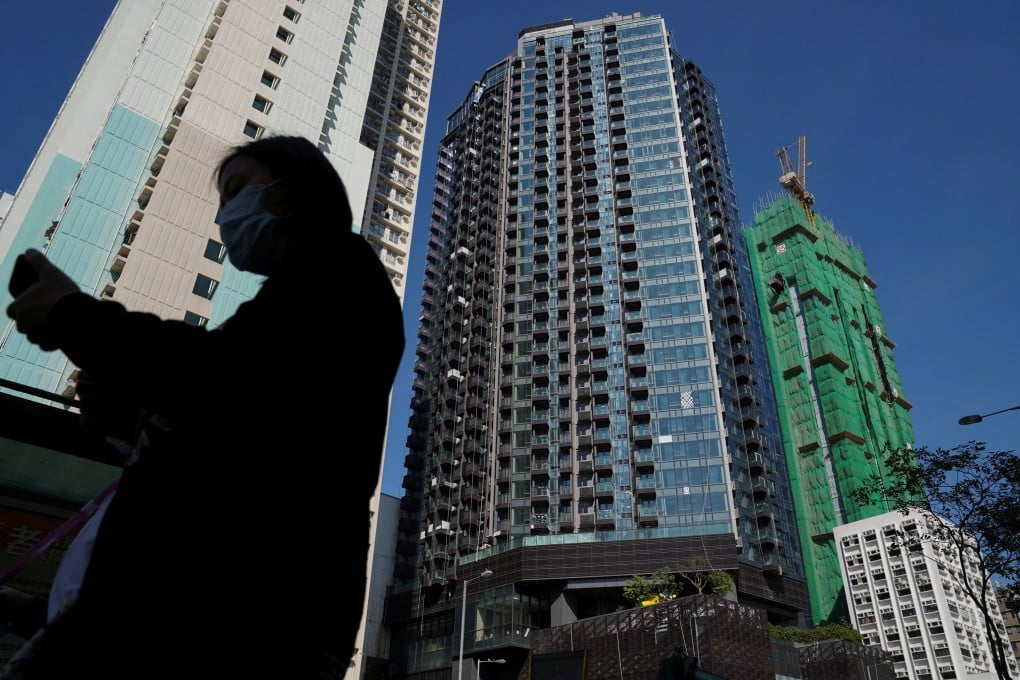Letters | Hong Kong housing prices must fall further for homes to be affordable
- Readers discuss a truer measure of affordability amid the latest price correction, Hong Kong children’s lack of exercise, and the death of Henry Kissinger

Despite being one of the cities with the lowest home ownership rates in the world, Hong Kong is obsessed with properties. To many, owning their own home is their goal in life, and to the rest, owning more than one home for investment is long seen as a source of stable income.
Although house prices have fallen by 21 per cent from their all-time peak in August 2021, housing affordability has never been as dire in the last 14 years. A simple analysis, calculated using statistics from the census department and the Hong Kong Monetary Authority, shows that the average monthly mortgage payment for an average 45 square metre (480 sq ft) home based on the best available mortgage rate is equivalent to 132 per cent of the average monthly wage. This is a better indicator of housing affordability than the traditional house price-to-income ratio because the majority of homebuyers use mortgages.
This 132 per cent ratio is unhealthy and affects consumption. Since 2015, it has required at least two average salaries to sustain mortgage repayments for an average home.